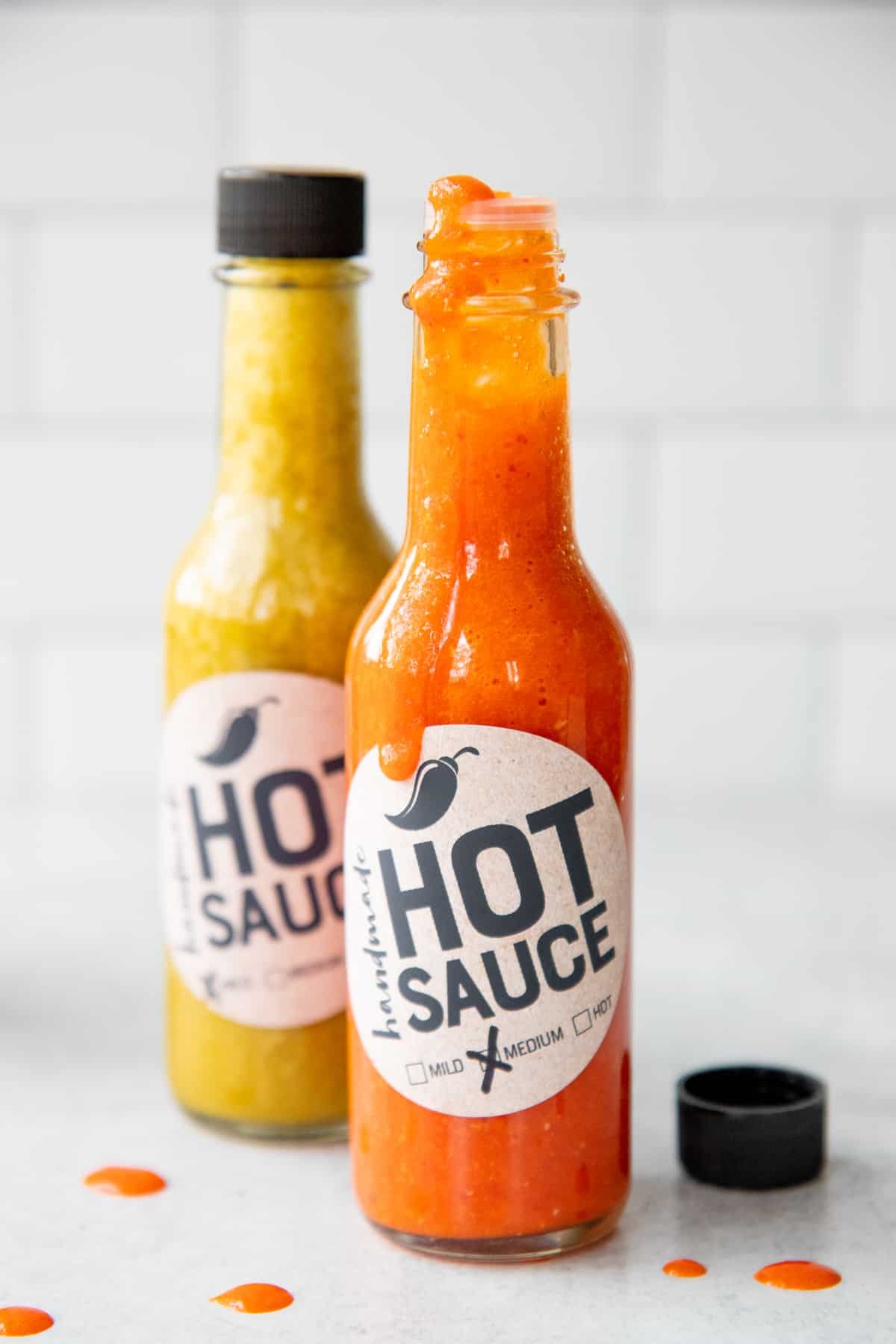Welcome back to TheKitchenApplianceDad.com, where we dive deep into all things kitchen-related, from the latest gadgets to the timeless debates that spice up our culinary conversations. Today, we’re tackling a hot question that’s been on the lips (and possibly affecting the taste buds) of spicy food lovers everywhere: Does hot sauce need to be refrigerated?
To kick things off, let’s break down what typically goes into making hot sauce. The primary ingredients usually include chili peppers, vinegar, and salt. Many variations exist, adding elements like fruits, garlic, onions, or spices, adjusting the flavor profiles and heat levels. The common denominator in most hot sauces is vinegar, which acts as a natural preservative due to its acidic nature.
Acidity and Preservation: Vinegar, with its high acidity, is a formidable opponent against bacteria growth. This characteristic allows many hot sauces to maintain their stability at room temperature, reducing the necessity for refrigeration.

When deciding whether to refrigerate your hot sauce, the first place to look is the bottle itself. Manufacturers often provide storage recommendations. For example, brands like Tabasco suggest that refrigeration is not necessary, while others might recommend it to maintain optimal flavor and longevity.
Label Insights: Always check the label for specific storage instructions. If refrigeration is recommended, following these guidelines can help maintain the sauce’s intended flavor profile and prevent any quality degradation over time.
One of the core aspects to consider is how refrigeration affects the flavor and heat of your hot sauce.
Flavor Dynamics: Chilling certain types of hot sauce might dull some of the spice nuances and intricate flavor notes. Conversely, some aficionados believe that refrigeration can help in retaining the freshness of flavors, especially in sauces that incorporate fruits or vegetables.
Heat Levels: Capsaicin, the compound responsible for the heat in chili peppers, is relatively stable and does not degrade significantly at room temperature. However, the perception of heat can be somewhat muted when the sauce is served cold, which might be preferable for those who enjoy a milder kick.
Food safety is paramount, and while vinegar does an excellent job at preservation, it isn’t foolproof.
Risk of Contamination: Homemade hot sauces or those with fresh, less acidic ingredients might be more susceptible to bacterial growth. In such cases, refrigeration becomes more crucial.
Shelf Life: Generally, commercial hot sauces can last up to three years unopened at room temperature. Once opened, they can typically remain in good condition for up to six months to a year if stored properly in a pantry. Refrigerating open bottles might extend this period slightly by slowing down any potential degradation.
The need for refrigeration can also vary depending on the type of hot sauce. Here’s a quick rundown:
To ensure you’re getting the best out of your fiery condiments, here are some expert tips from TheKitchenApplianceDad.com:
In our exploration of whether hot sauce needs to be refrigerated, we’ve boiled it down to some simple bullet points to keep in mind:
Whether you like your sauce fiery hot or just a mild kick, understanding these factors will help ensure that every drop adds just the right amount of spice to your meals. Keep these tips from TheKitchenApplianceDad.com in mind, and you’ll be sure to handleyour hot sauce storage like a pro!

